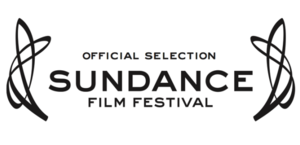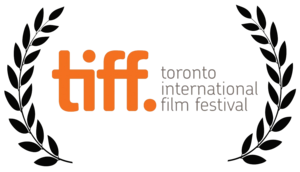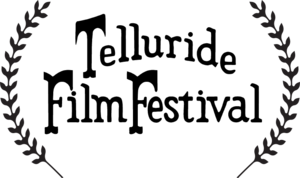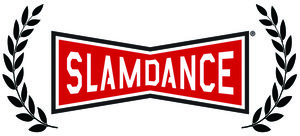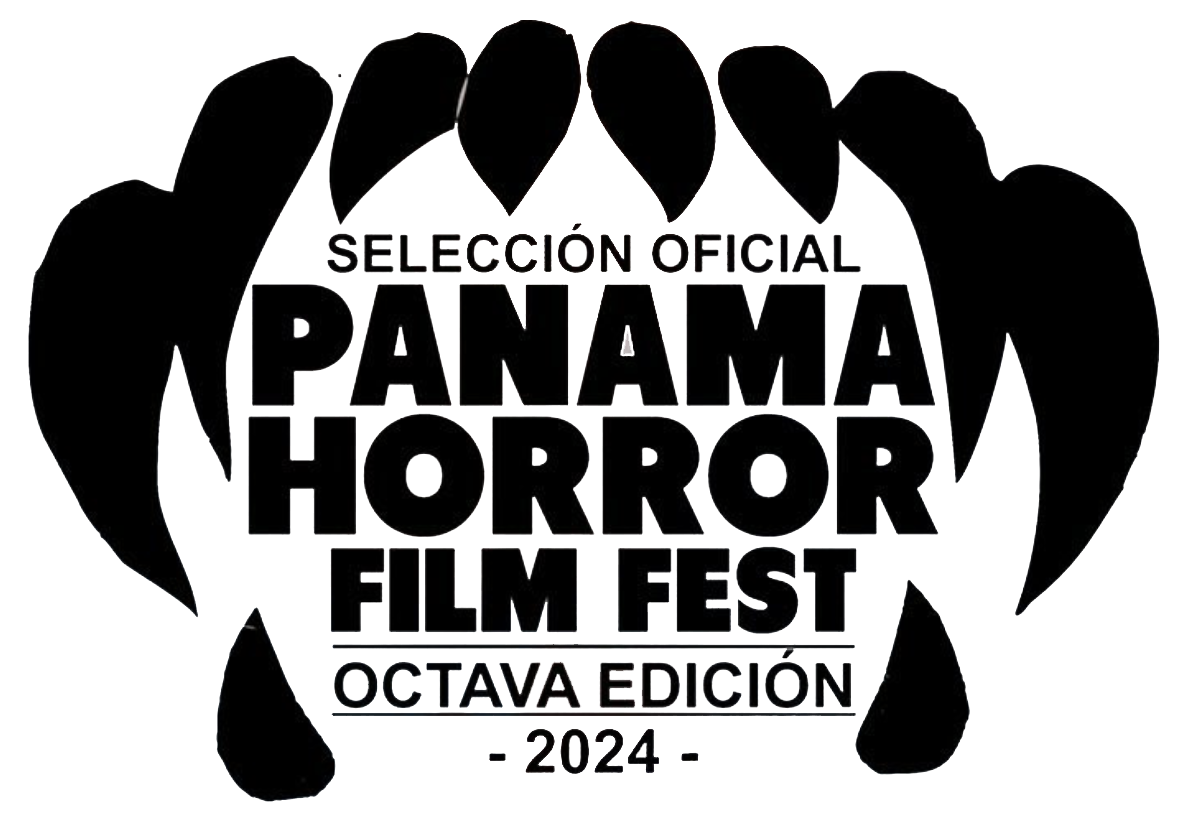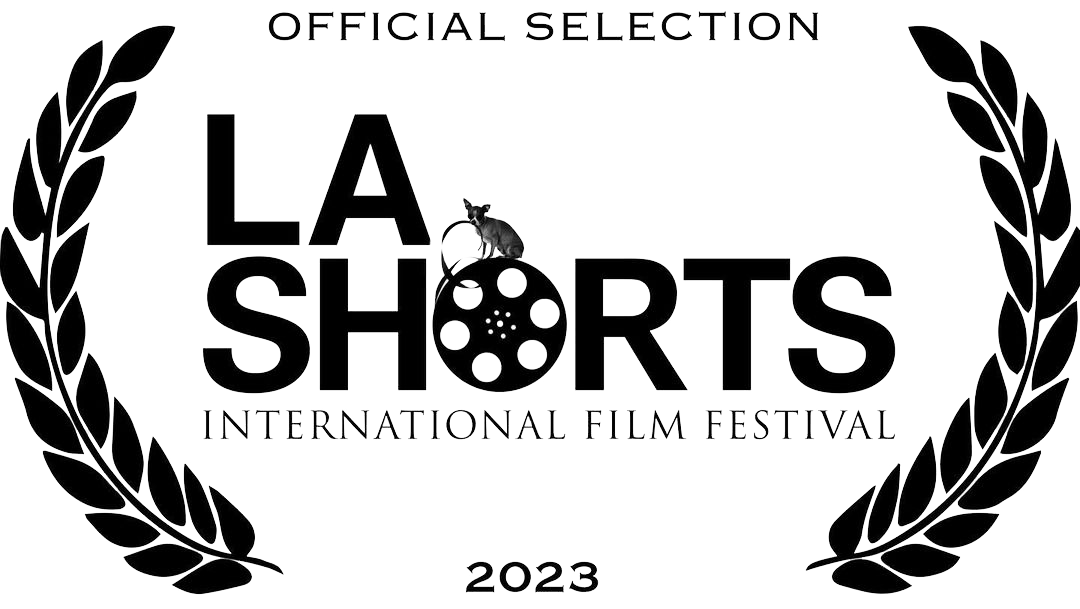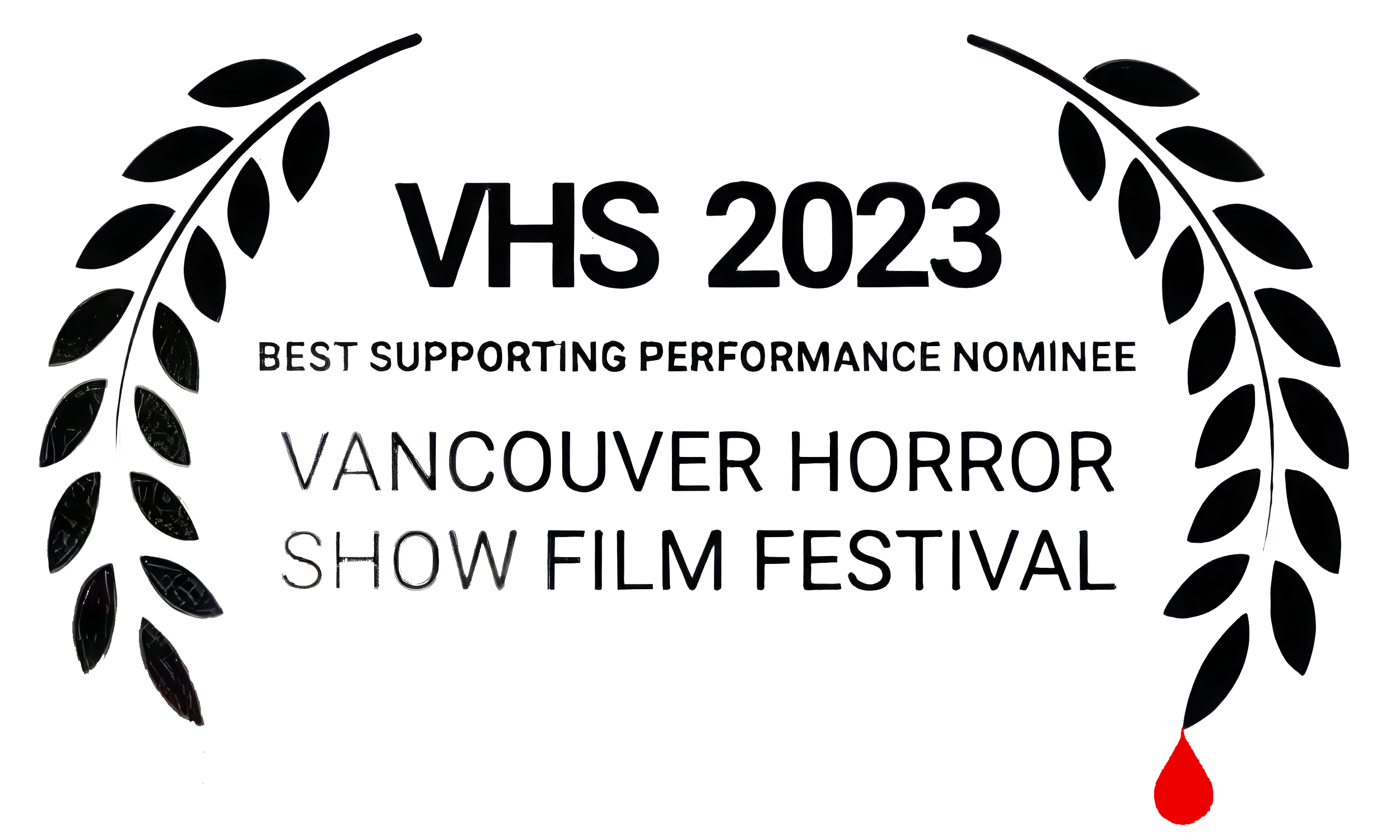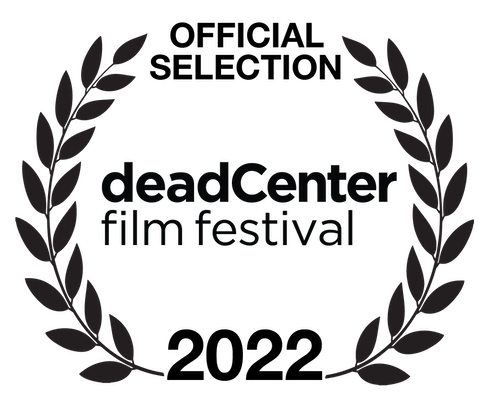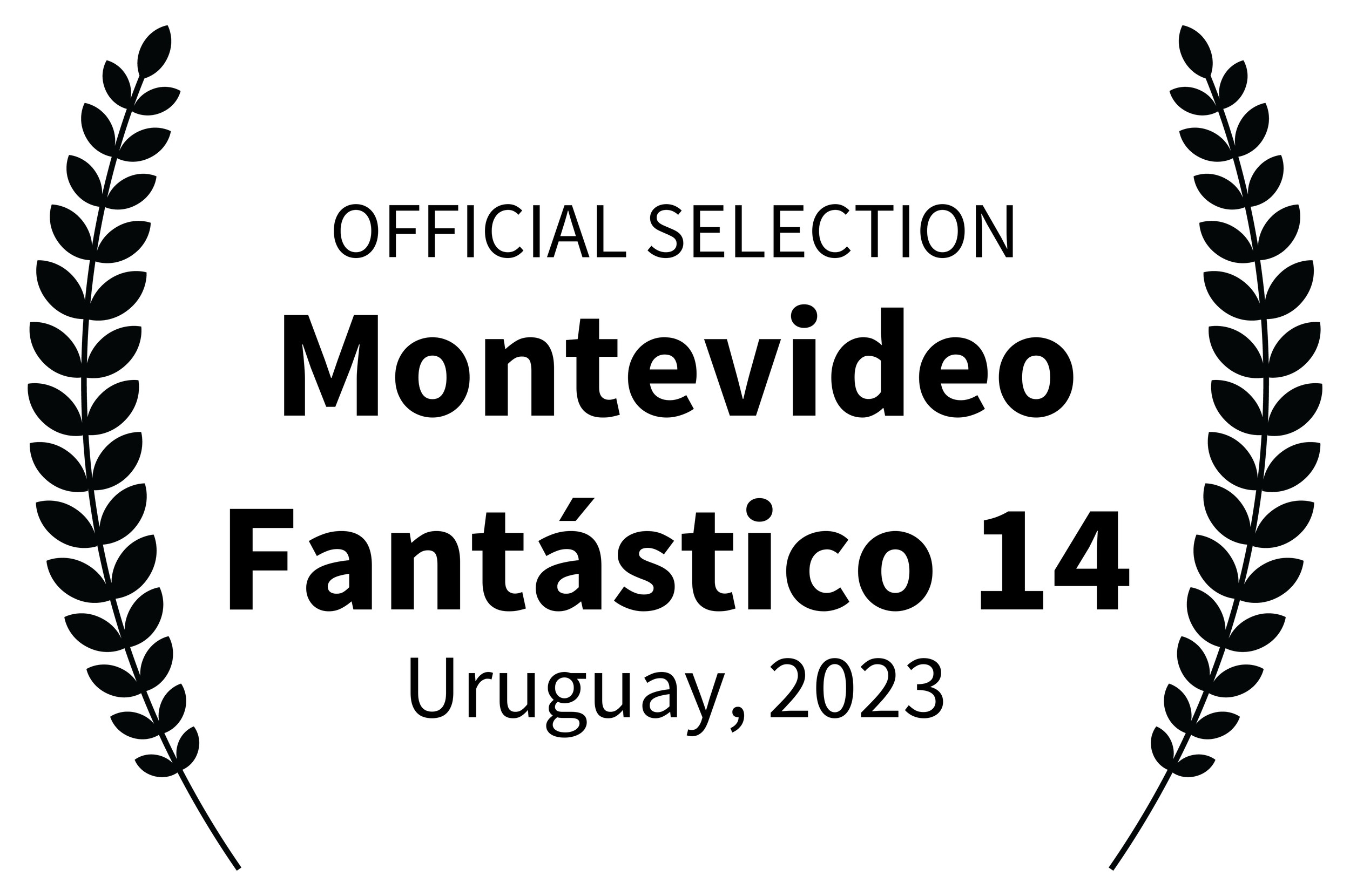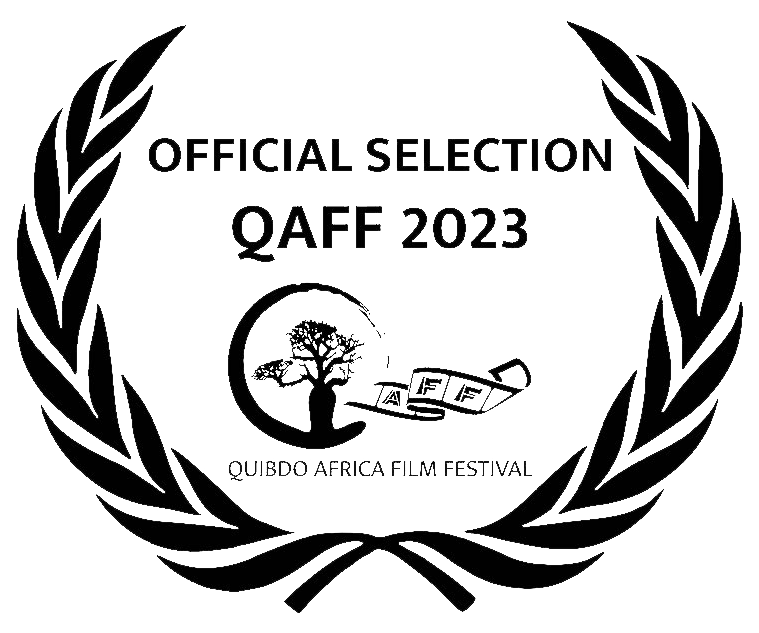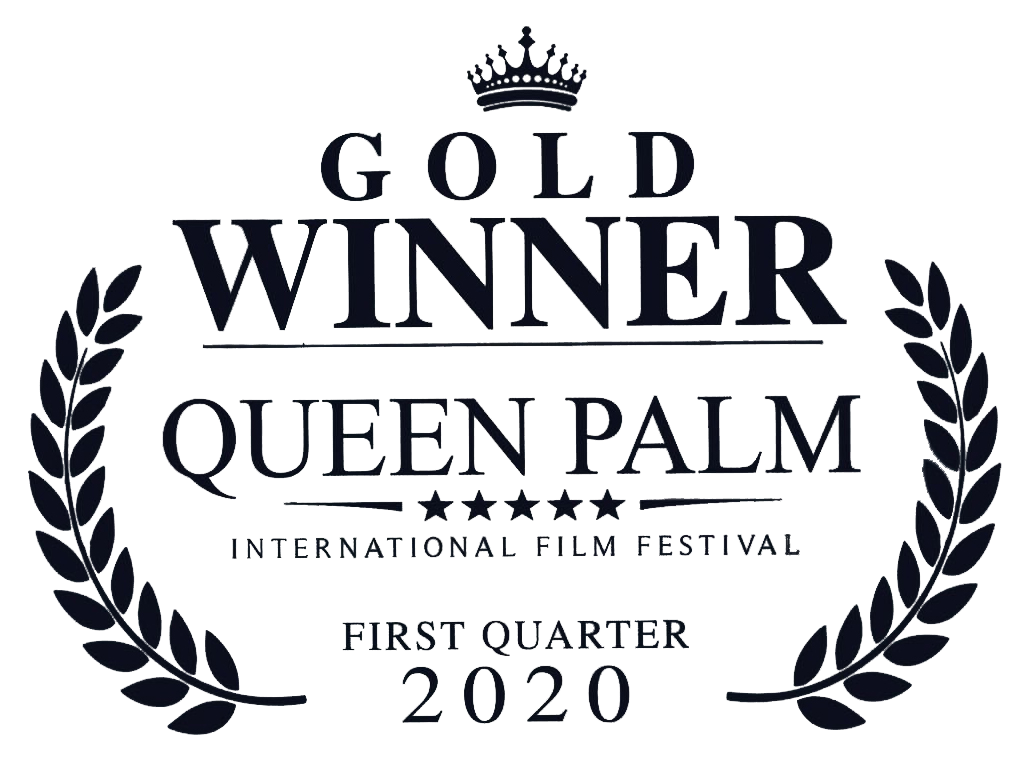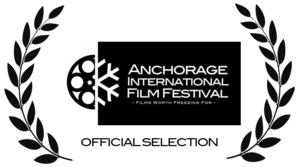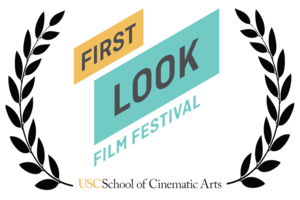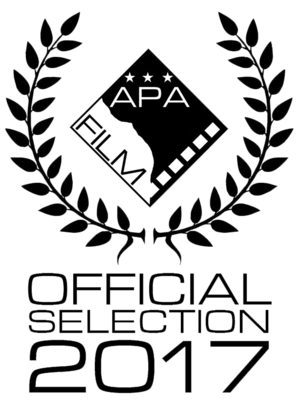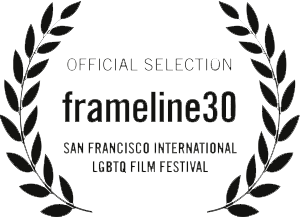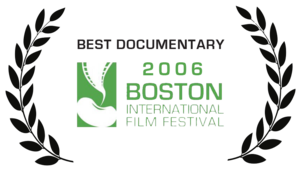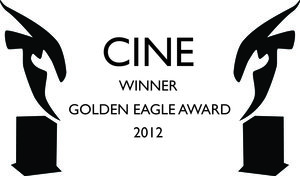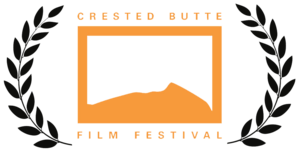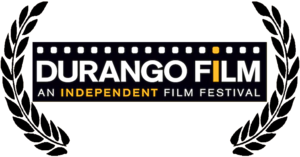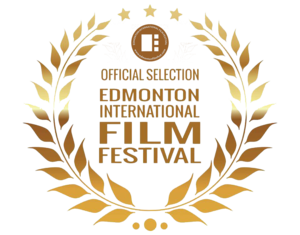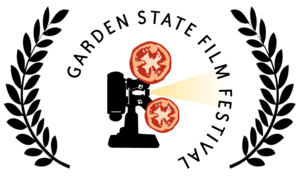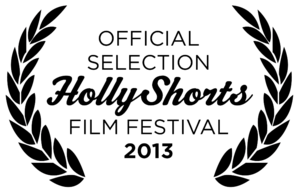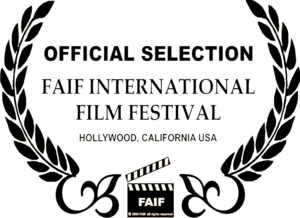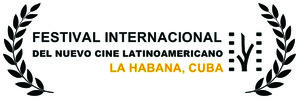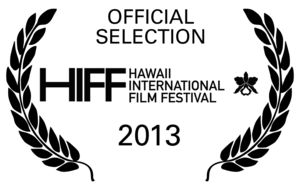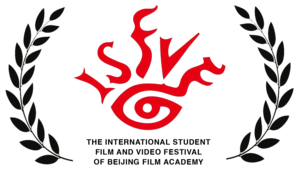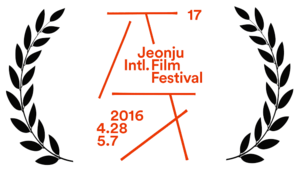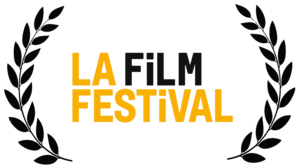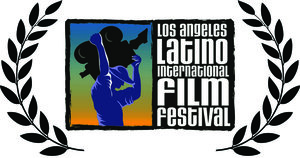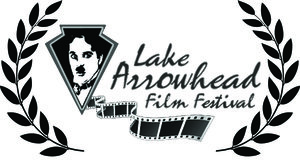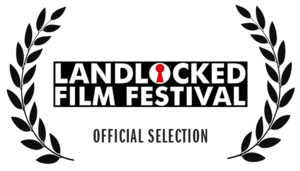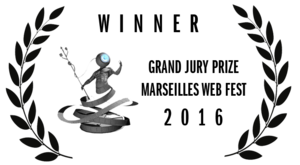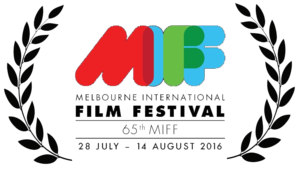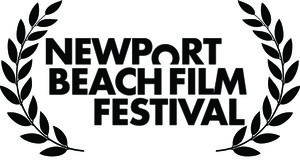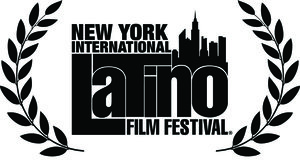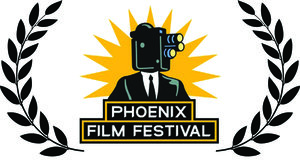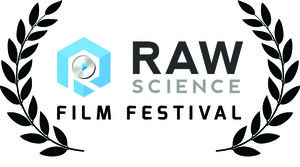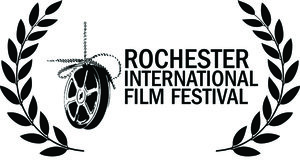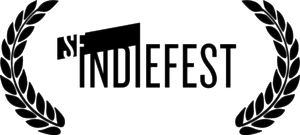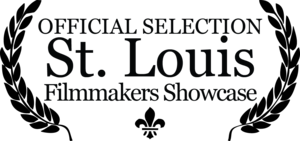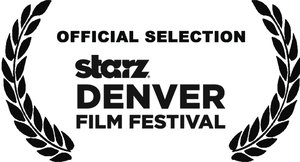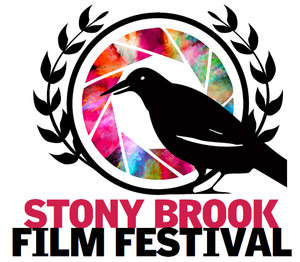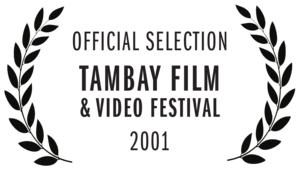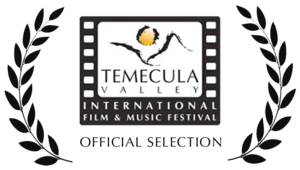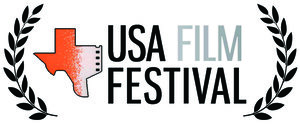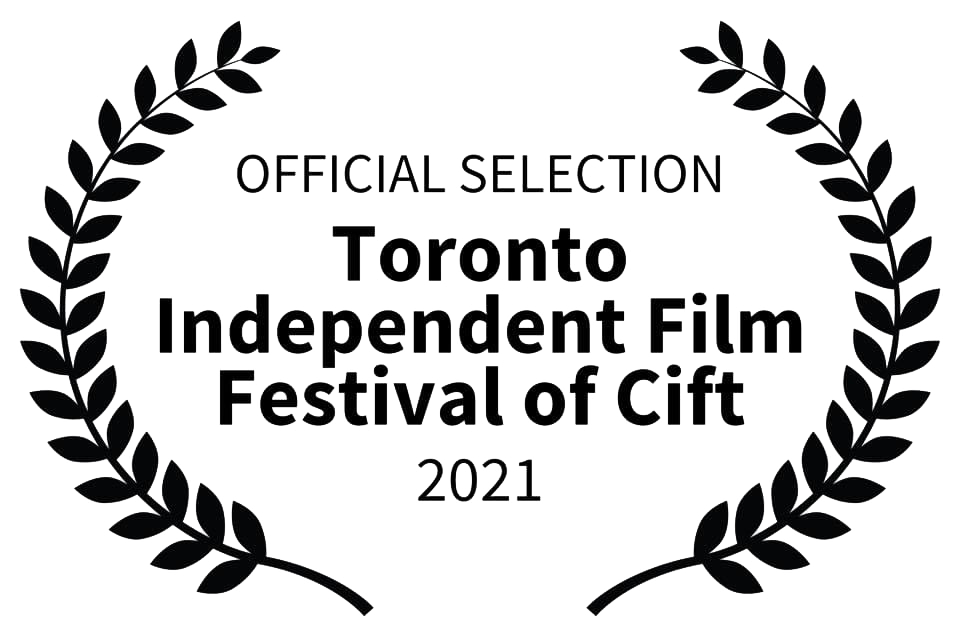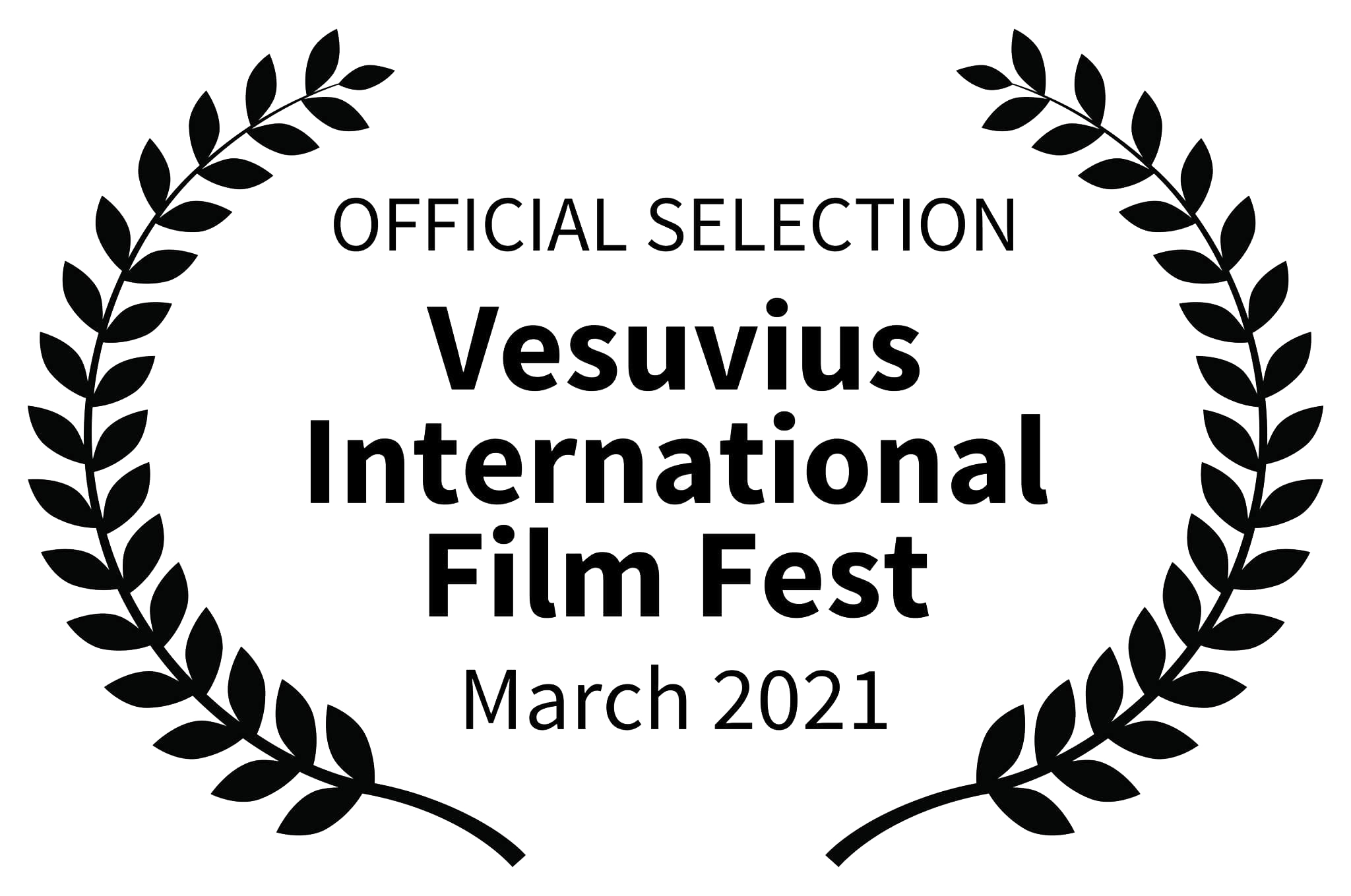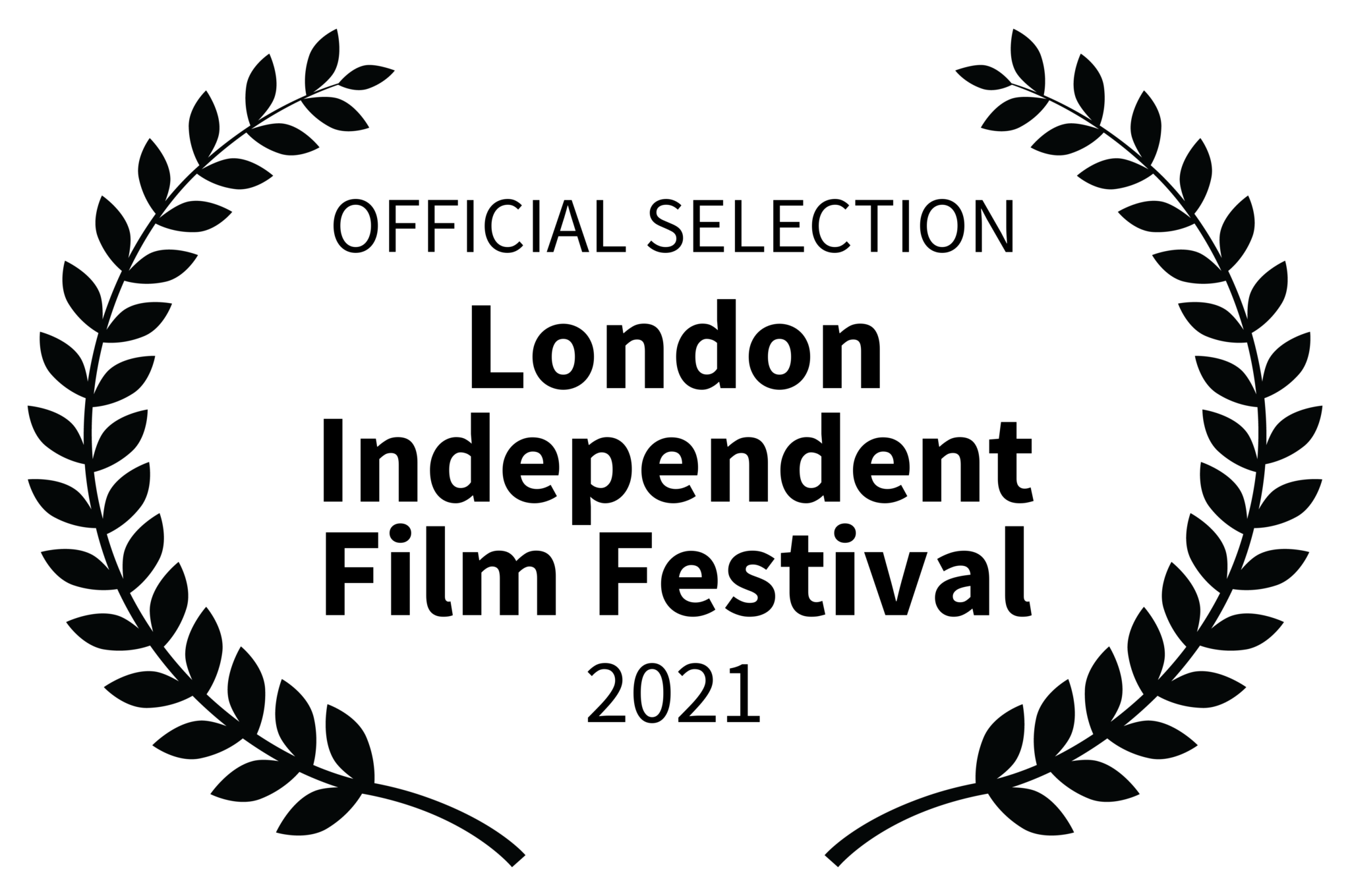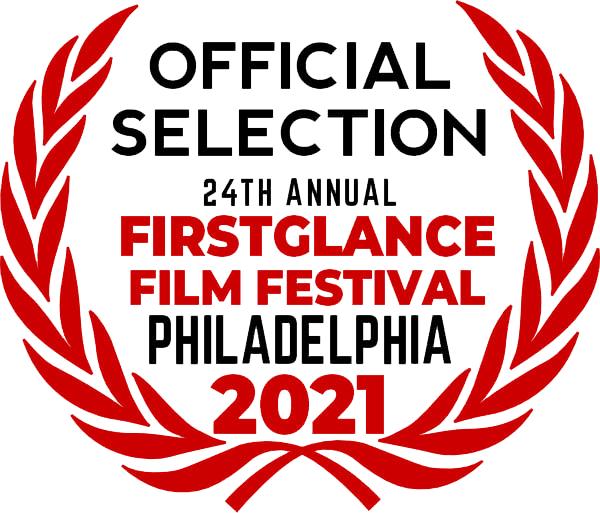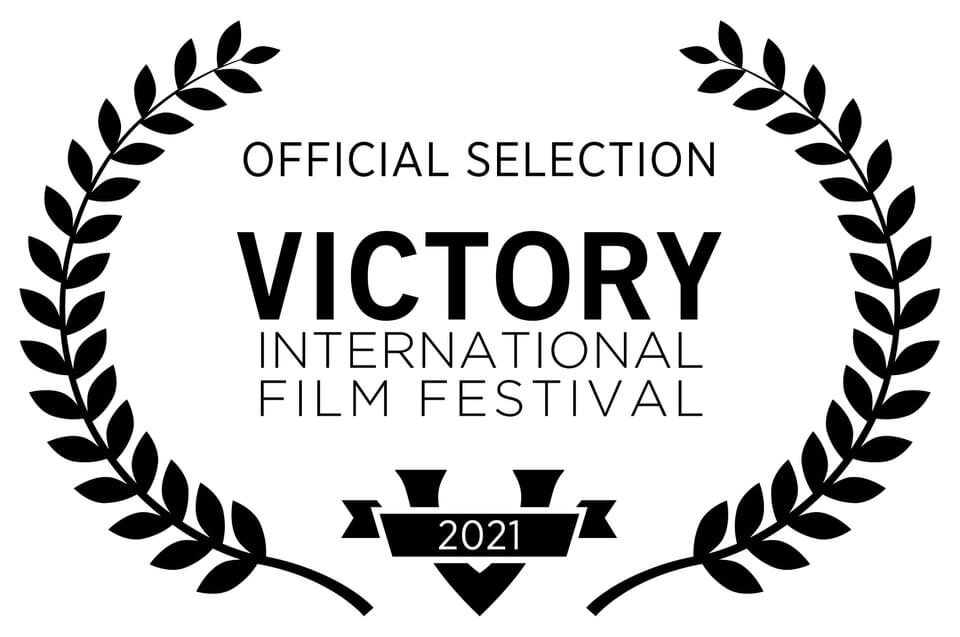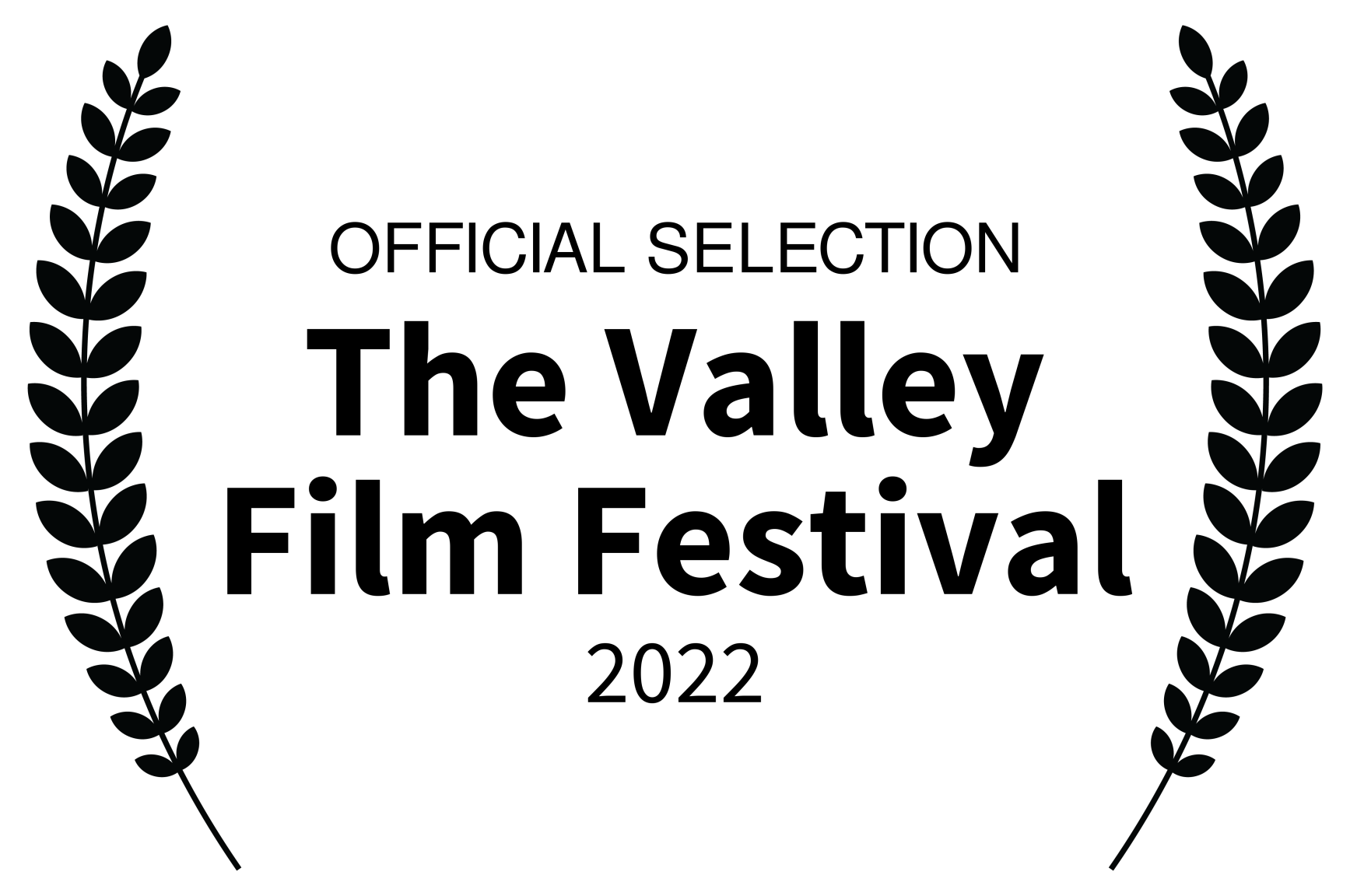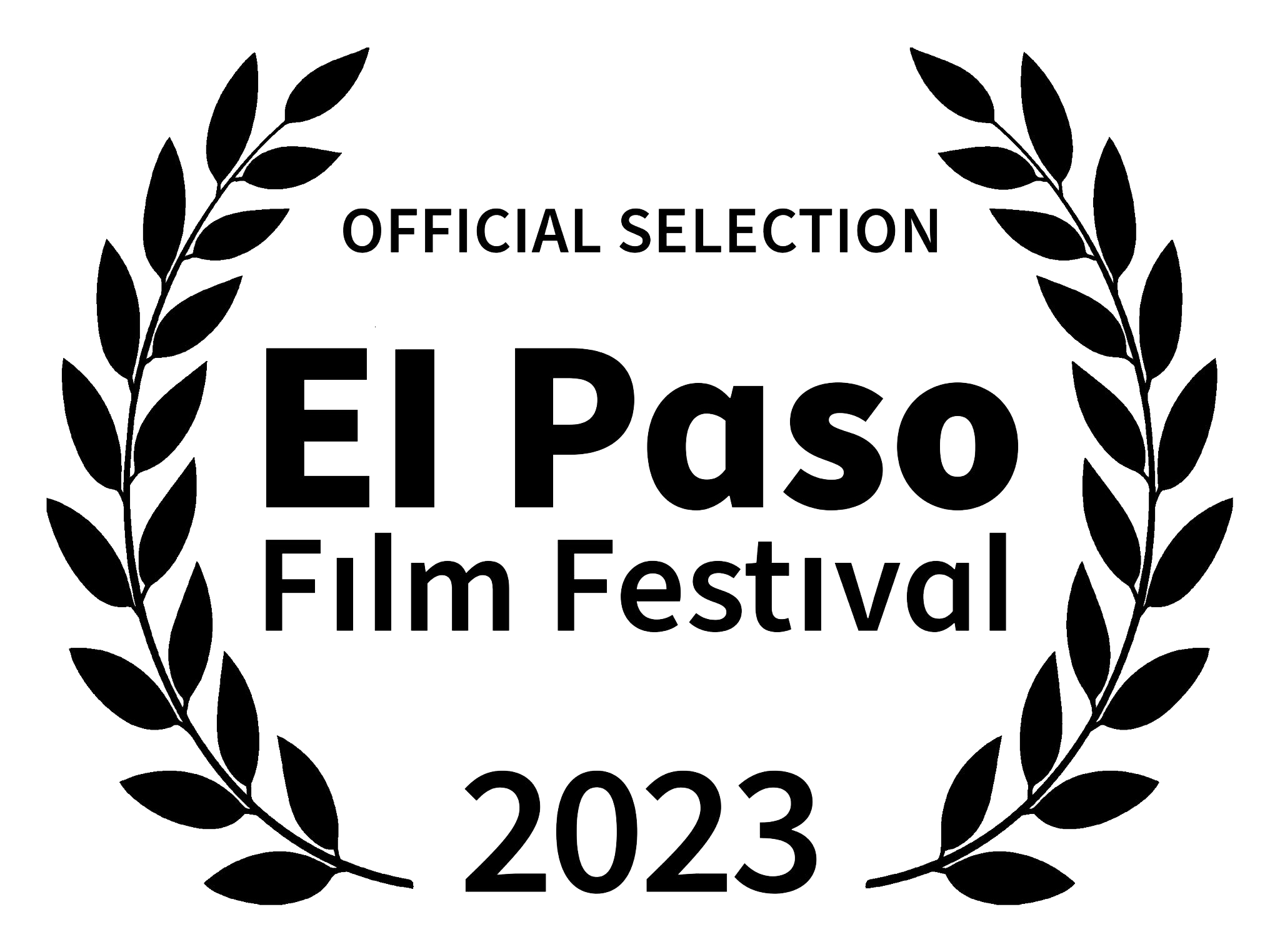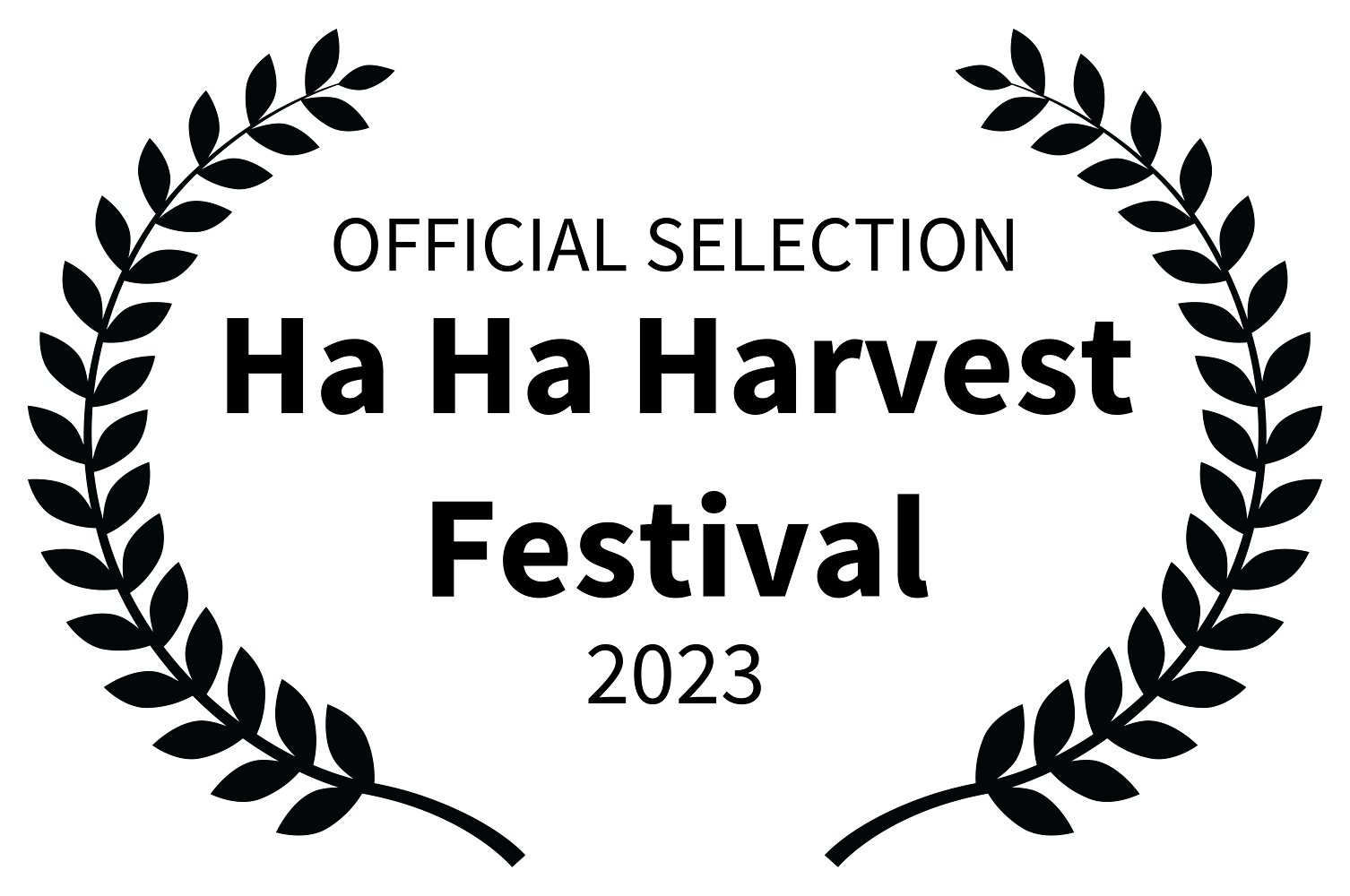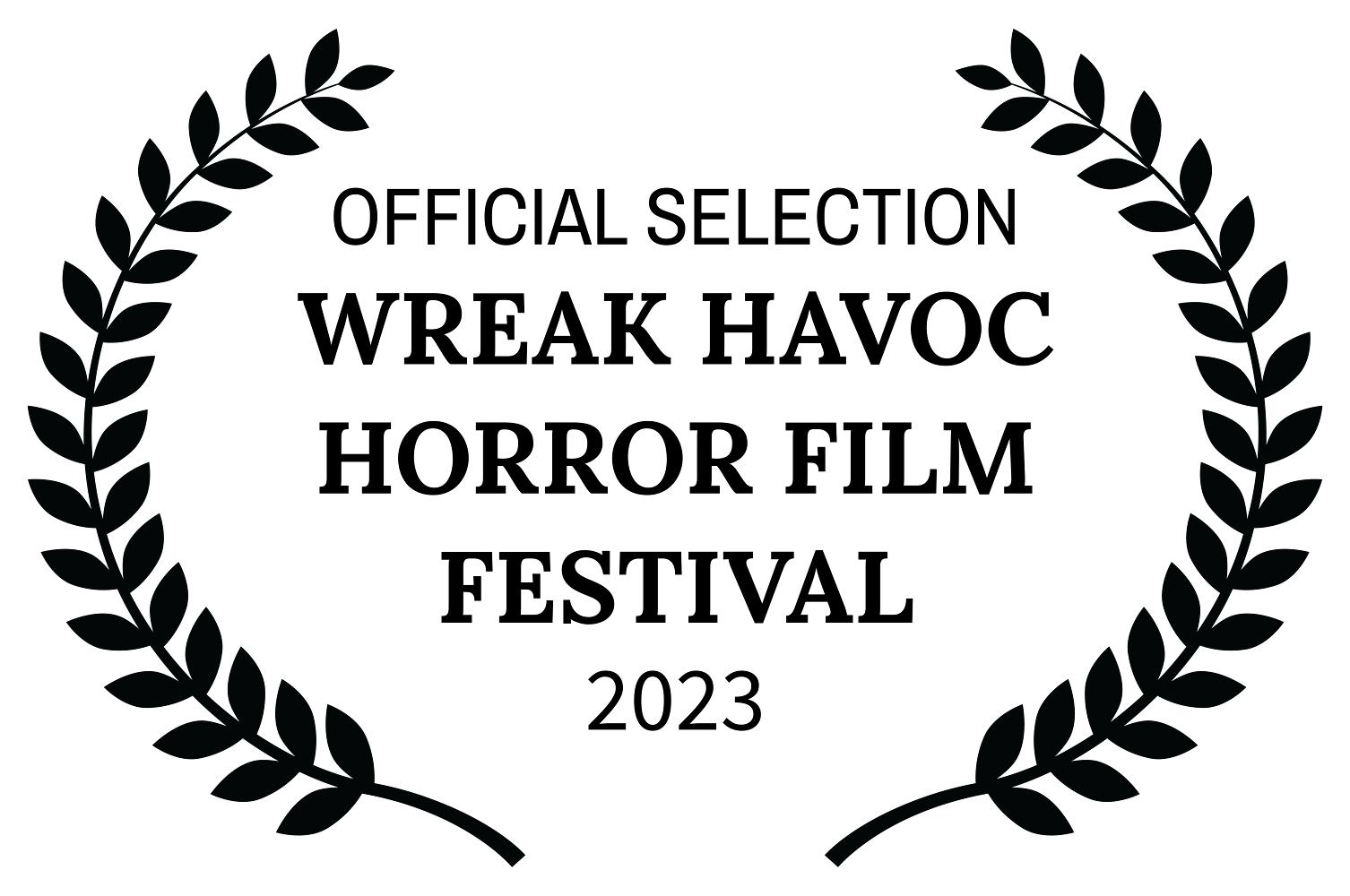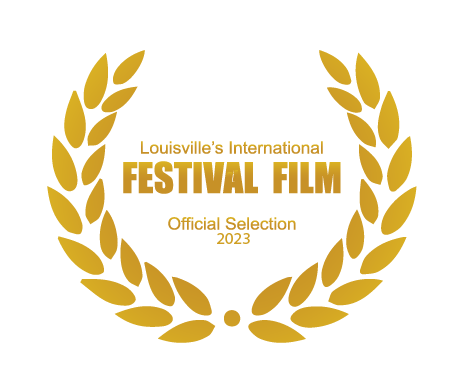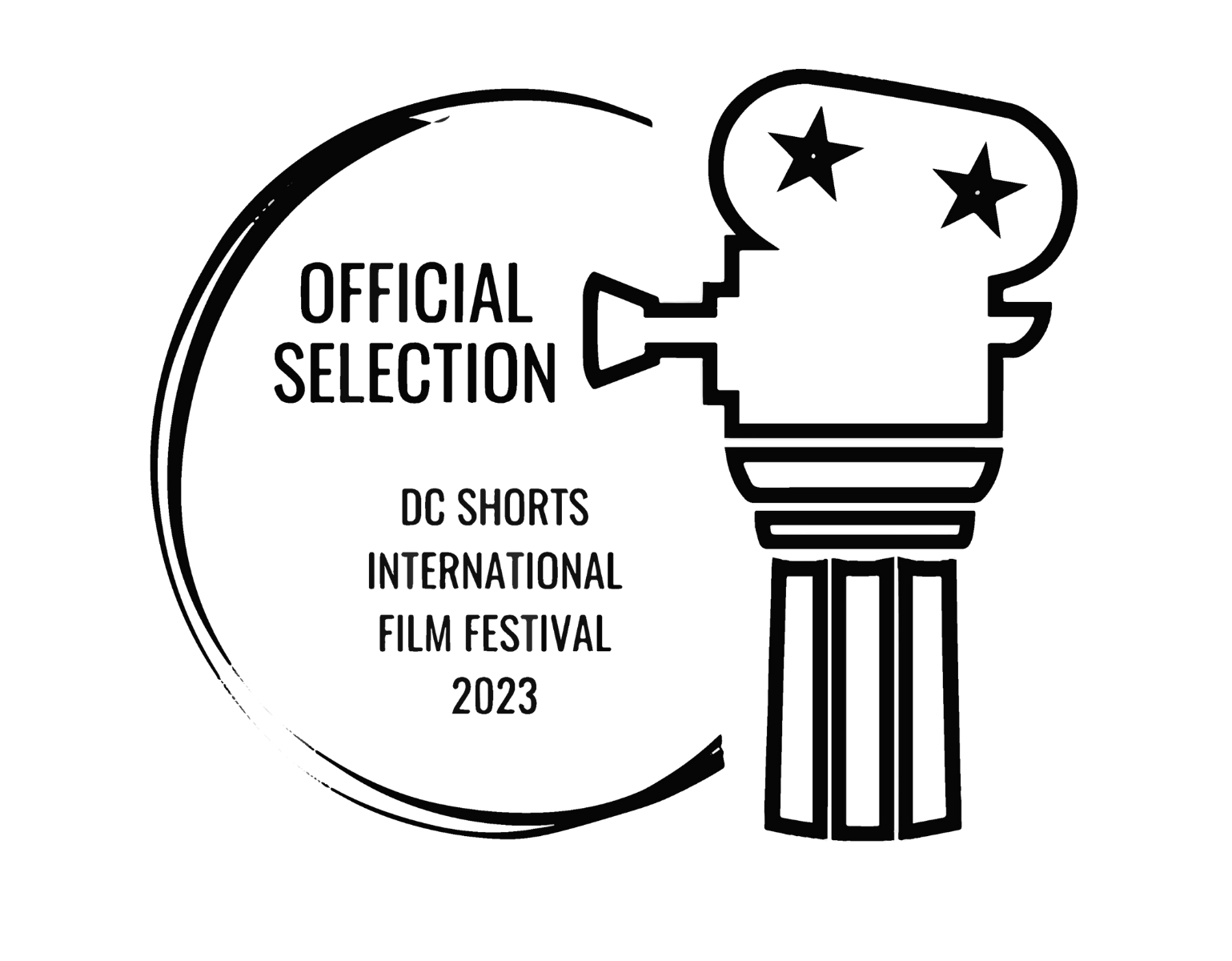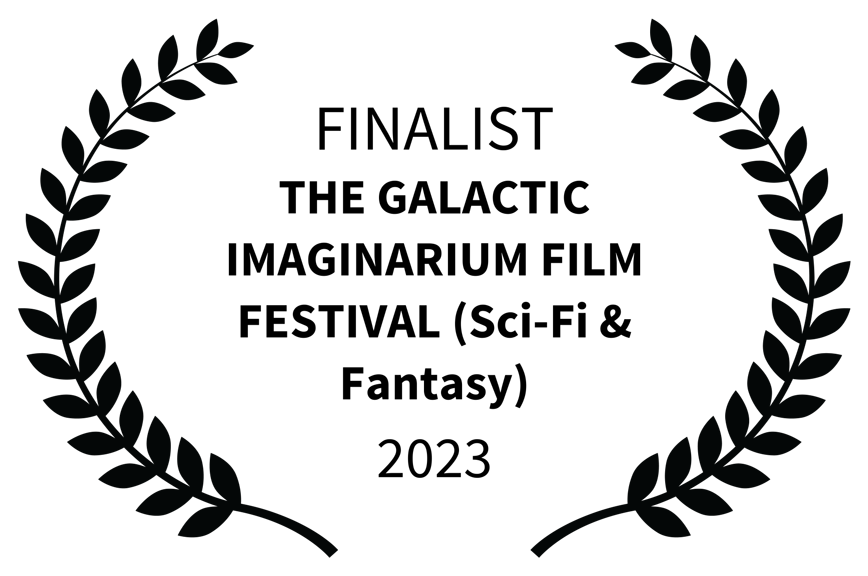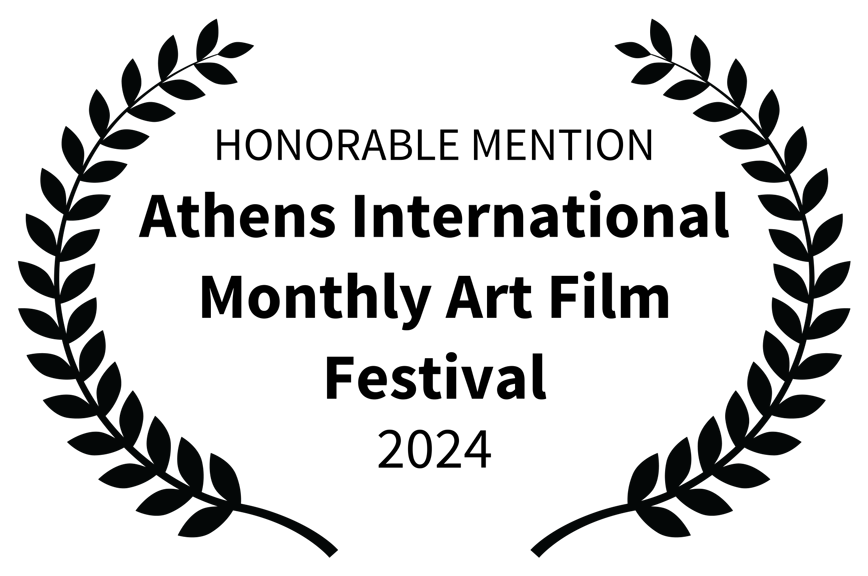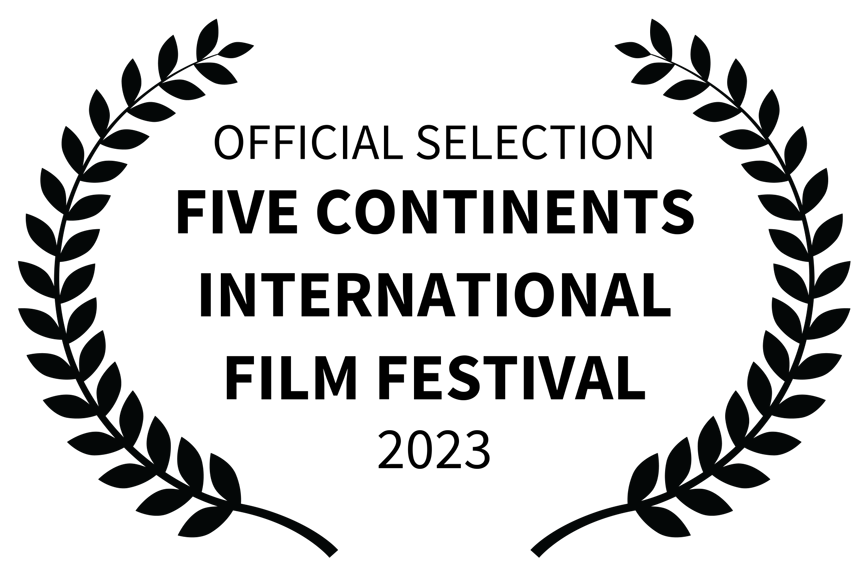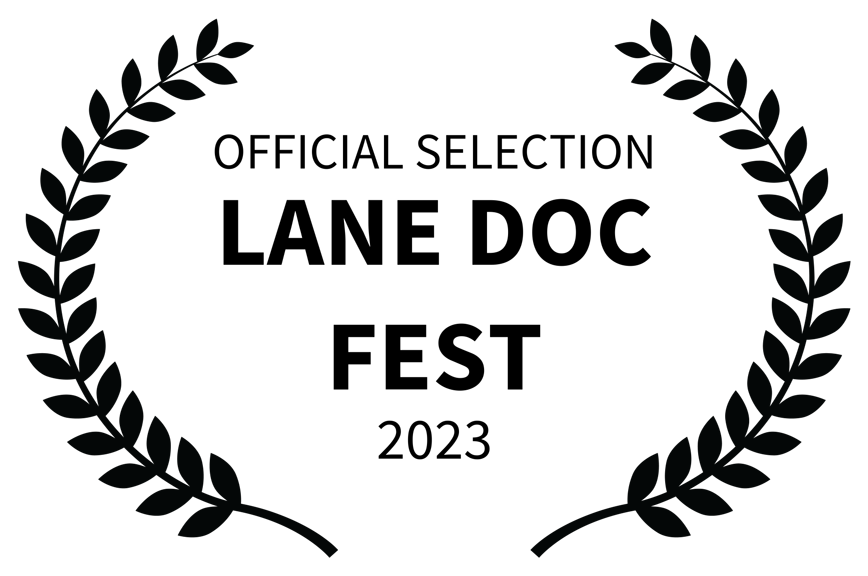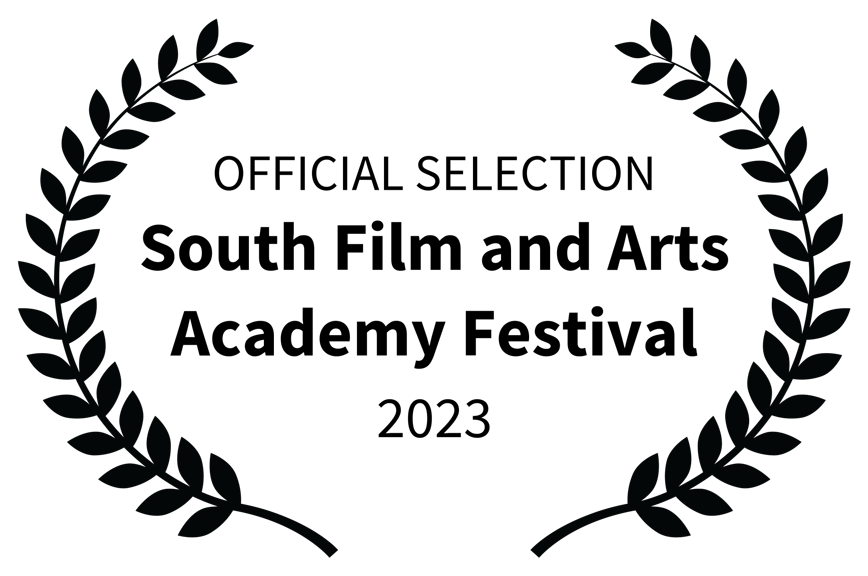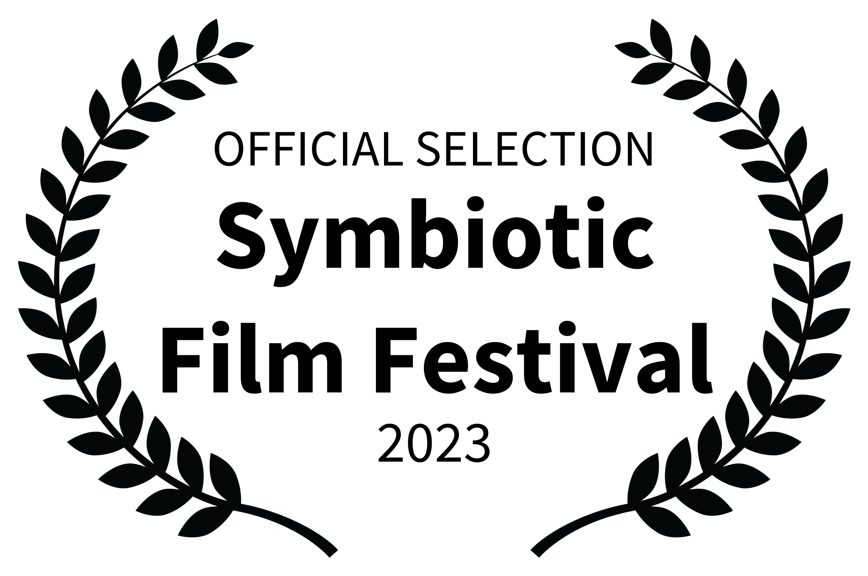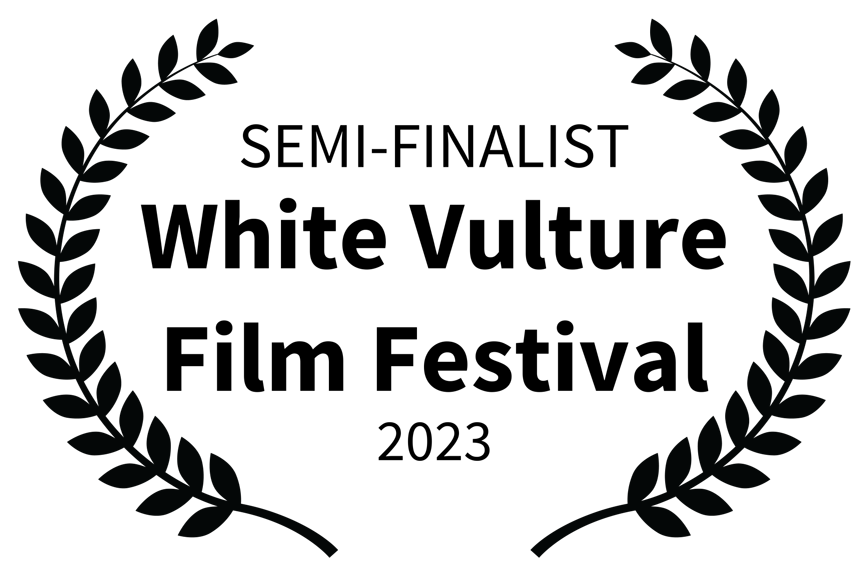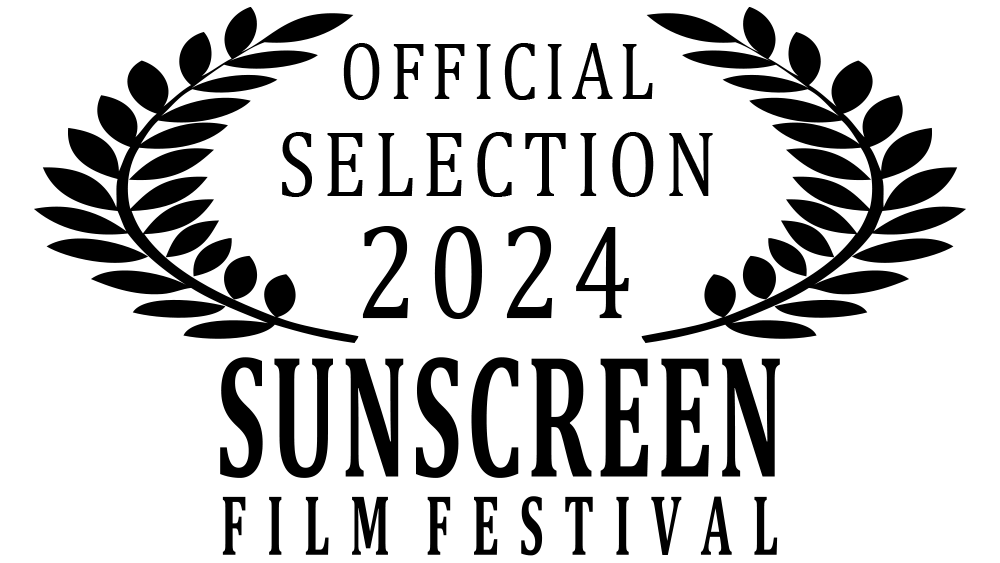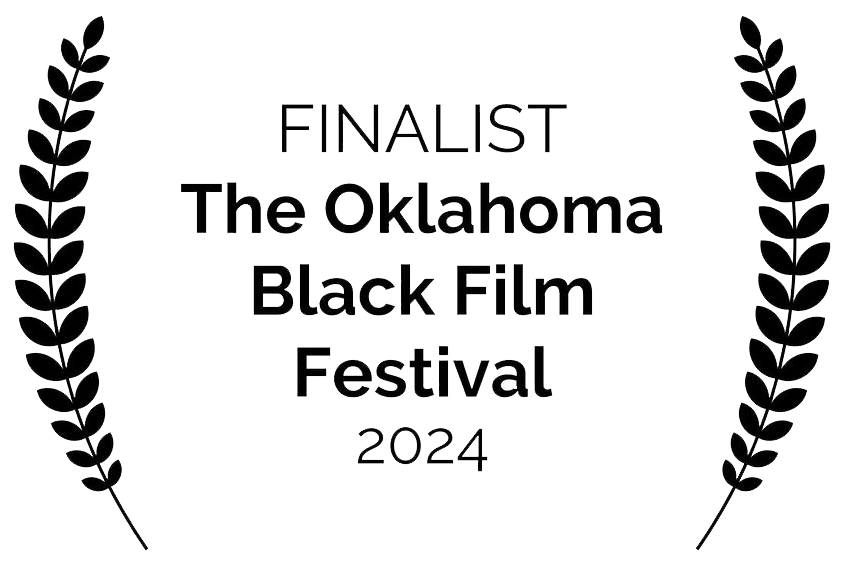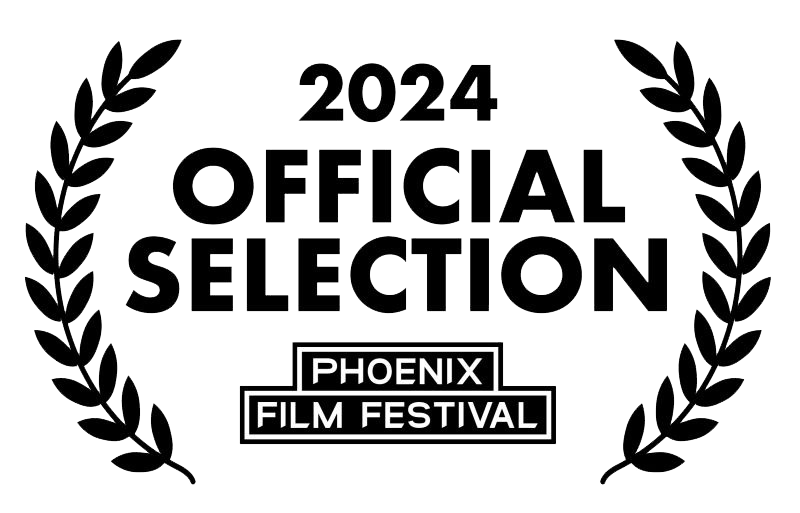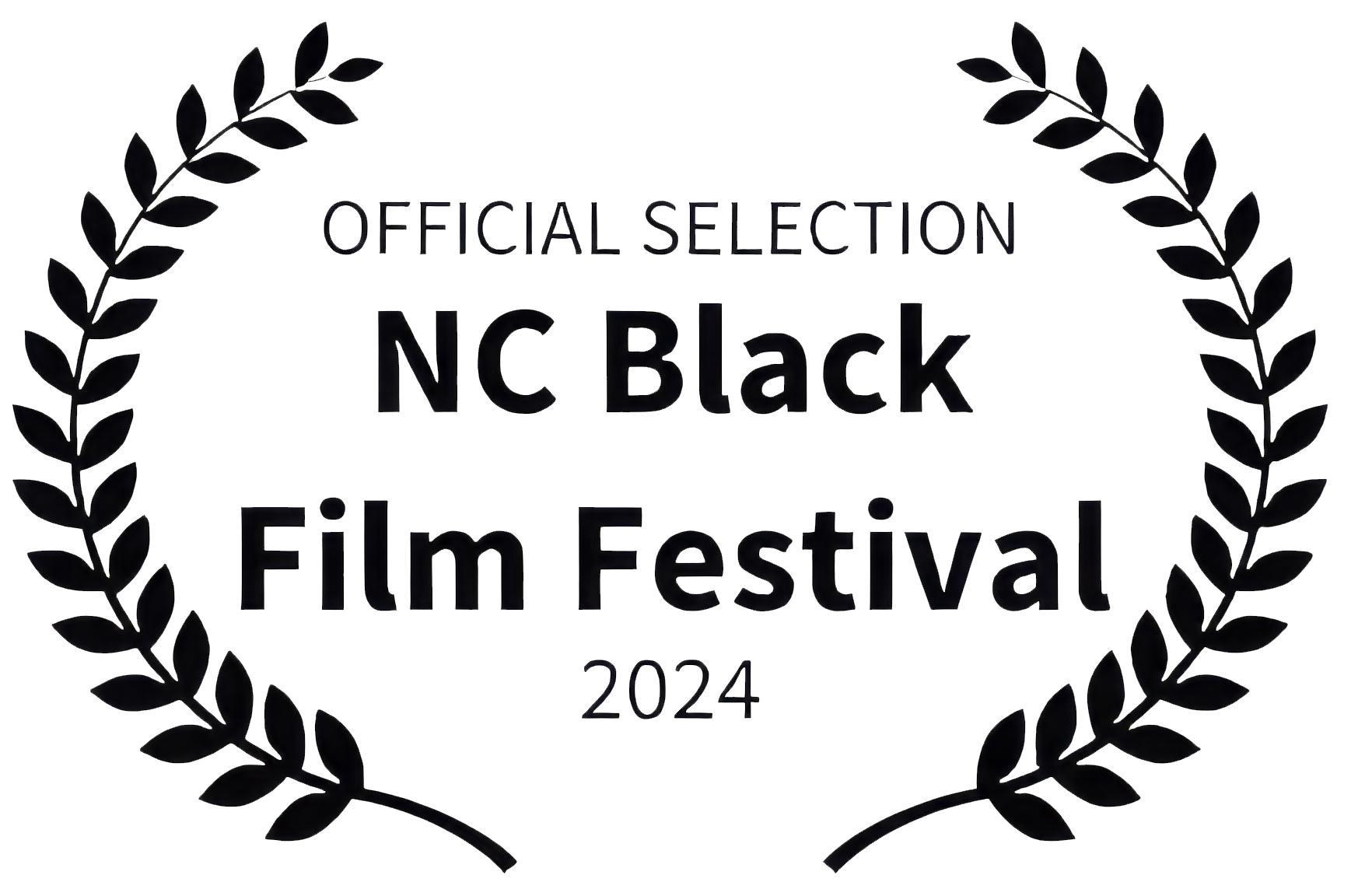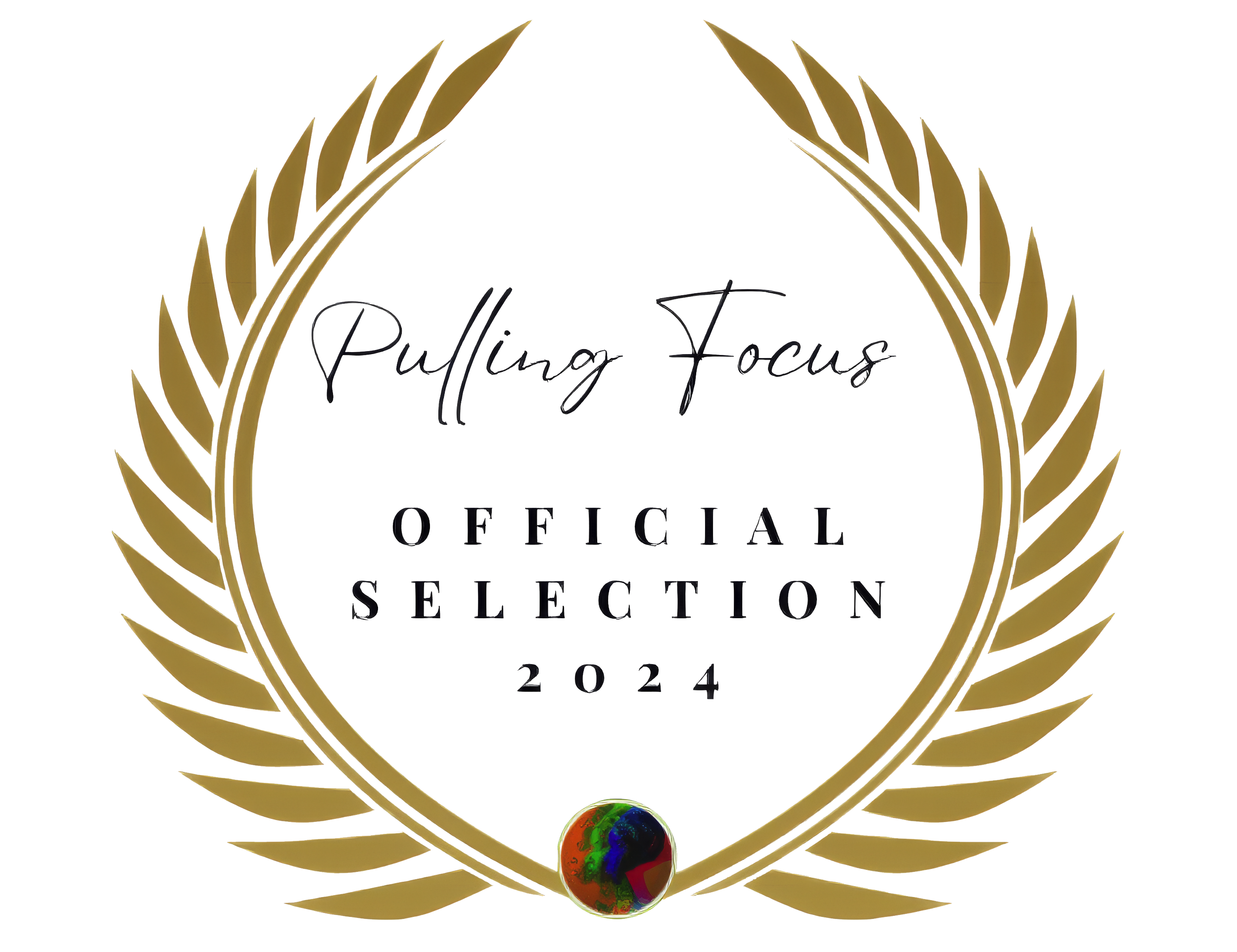Pitfalls of the Creative Process
/Composing is hard enough when it’s just you and the ideas in your head. It gets even tougher when the music we write has to function as one part of a larger storytelling machine.
Here are some of the most common problems and pitfalls I’ve encountered over a couple of decades in the business. In no particular order:
The Blank Canvas.
I don’t know about you, but I feel a little moment of panic every time I start a new cue. In a way that’s a good thing. It means I’m not taking the job for granted. And usually I’m past it fairly quickly… I’ve learned to trust my instincts (or at least give ’em a fair chance). But if I stare at that blank canvas for too long, I start not wanting to be in the studio. My mind drifts. Surely there are other things I could be doing that would be more productive, more fulfilling, or just more fun than sitting here, burning my retinas with monitor-glare.
The trick is to take tiny steps at first, if that’s what it takes to get notes on screen (or on paper, if that’s how you work). Almost any little fingertip-hold on the cliff you’re about to scale will get your feet off the ground. That’s usually all it takes to get you started.
A related problem sometimes hits me when I take an ear-break (composer code for “I can’t sit here for one more minute without throwing something through the screen”). The same problems, the same bad notes, the same clumsy MIDI-controller data—they're all going to be there when I get back. They accumulate a sort of inertia while I’m gone. It’s always tougher to resume my place (mid-cliff, as it were) if I’ve stepped away before tending to something big that needs fixing.
Likewise, I create a potential problem for myself if I step away right at the end of a phrase. This sounds weird, but I’ve had many experiences, some of them as recently as last week, where I create a single phrase or idea that I like a lot… I flesh it out as fully as I can imagine it… and then I take a break, thinking I’ll pick up right there later. And when "later" comes, I’m stuck. I don’t know where to take the damned thing. I attribute this in part to abandoning the chair at the crucial moment.
The takeaway here: be careful about interrupting your process, especially starting off a cue. Don’t get too far outside your own head. And stay on the cliff a little longer than you’re comfortable.
The Shiny New Thing.
It’s possible to get so carried away with a new sound, or a new piece of processing gear, that you lose the original intent of the cue. The music you’re working on becomes an exploration, a test-drive of the Shiny New Thing.
We spend good money, and lots of it, on these new additions to our arsenal. It’s important to know their capabilities, strengths and limitations. But tone patrol (or parameter-tweaking, or preset-wrangling… all the various sorts of technological farting around, really) should be something for which you set aside dedicated time when you’re not doing something else (like, say, scoring to picture). Simple as that.
To continue our “cliff” metaphor, this one is like finding a cool new set of handholds that may or may not lead you upward. And upward is where you have to go, before your strength runs out. Stay focused.
The Troublesome Collaborator.
Nothing saps your will to live—OK, maybe that’s an overstatement, but if you’ve been there, you know—like the filmmaker who wants seventeen versions of a cue. It’s not just the extra work. Coming up with yet another solution to the same problem, and another and another and another, does something to our confidence. It makes us mistrust our instincts. It makes us question our creative process.
Don’t get me wrong: If your score isn’t getting it done, you need to own that and make adjustments. Kill your favorite cue, if that’s what it takes (although maybe you’d do better to file it away for yourself, for later!). The bigger the project, the truer it is that the filmmakers will get the score they want. Maybe not from you, but they’ll get it from someone.
My only advice here is to remind yourself that this is all normal. Everyone goes through this at some point. Don’t let an annoyance become a self-fulfilling prophecy. The stress of worrying about falling off the cliff can lead to sweaty palms, which cause you to slip… oops. Bottom line: content is not process. Problems with the former do not necessarily indicate problems with the latter. Just keep it in mind.
The Transition from Hell.
Seriously, what’s the deal with transitions? You’re cruising along for bars at a time, when suddenly you’re mired down. Unable to get from Point A to Point B (the latter of which you’re already hearing, fully-formed, in your head). And you know the director is gonna bust you for that ham-handed excuse of a modulation you’re floating at the moment.
This cliff metaphor I started out with is making even me roll my eyes at this point, but I’m sticking with it. And here it’s so obvious: You’re on a path, and you see where it continues, about five feet over and three feet up—but you can’t figure out how to get there.
What to do? I’m no rock climber, but my guess is that there’s a whole batch of special techniques for handling exactly this kind of situation. Sometimes you’ll see those maniacs fling themselves across empty air, only to land exactly where they wanted. Controlled chaos. Other times they’ll do some crazy upside-down contortion, starting from an unlikely body position in order to end up properly. It all relates here as well, and we have the advantage that no rule is permanent (unlike on the cliff, where… you know. Gravity.).
So. First, check your premises at the transition. You can dump any and all of them, as long as the result makes your ears happy. And sometimes dumping something you thought you needed is the kind of freeing move that will get you through. If Point B is where you’re determined to go, you can get there. I pretty much guarantee it. Even if you simply start playing different music. The brain has an incredible ability to connect things that at first don’t seem related. In a worst-case scenario, do what my mentor, Ron Jones, once recommended to me: write a drum solo.
The Impossible Mandate.
Our creative process thrives on constraints. Usually those constraints comprise a set of cohesive rules for making the score convey meaning in as precise a way as we can muster.
But sometimes we’re asked to reconcile multiple sets of ground rules. Or multiple stylistic demands. Or creativity collides with plagiarism (“…just copy the temp” being the words one typically hears in such a situation).
All these are examples of starting from a place on our rock wall where there simply isn’t a pathway to the top. Once again, you have to check your premises, or those of your creative partners. Start from somewhere different, if possible, or go find another rock to climb. Usually, if you’re tactful enough about it, you’ll find that the filmmakers already know that what they’re asking you to do is fatally flawed. And then, with that concession in hand, you can work together on coming up with a solution. If not… there are always more rocks to take on. No reason to fall just for the sake of falling.
The Immovable Deadline.
Some people will tell you that it’s an absolute: the more time we have to compose, the better the final product. I think that's only true to a point. Personally, I need deadlines. I’m my own worst taskmaster, but I respond well to fear. And nothing streamlines my creative process—nothing forces me to trust my instincts and write fast and loose—better than a tough deadline.
Sometimes the result is, at least to my ears, unpolished. I’ll give you that. But the occasional quick turnaround acts as a confirmation. It proves the fundamental soundness of our creative process, our organizational structure, and our team of personnel. It’s a crucible, and surviving it is a confidence-builder. It’s a potent, concentrated form of the rush that keeps us all coming back to the studio in the first place.
By the way, I call this pitfall the “immovable” deadline, rather than the “inconvenient” or “arbitrary” or “sassy” deadline, because most deadlines can be begged into oblivion. Some can’t. You will find out which is which.
My advice: take it as a challenge. Call in your team, your colleagues, your composer-heroes, and crush that sucker mercilessly. Charge the client accordingly. And celebrate responsibly.
This will be the last blog post of 2015, so I want to wish you all a spectacular holiday season and end-of-the-year. See you on the other side, with all kinds of new content and surprises coming your way! I'll be here in the studio straight through, working on a beautiful batch of scoring projects in between rounds of merry-making.



